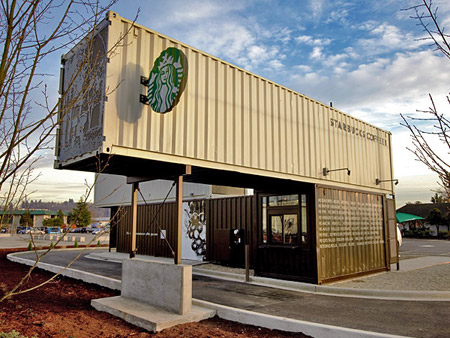Well, I'm sick (some kind of ick with a sore throat and fever), so all I can really do right now is lay around. Which is not good because I'm burning through these last weeks of my precious break from graduate school. But the good news is that it is now 2012, and this is the year that I will finish school and get my master's degree. So yay! This time next year we'll be living at BaHa Ranch, and I'll be studying my butt off to take the NBCOT exam. And hopefully, I won't be sick.
Since I'm not doing anything, I thought I'd add a post about the really bad trip we took to BaHa ranch a couple of weeks ago. Not to fear, it was followed by a really good trip a week later.
I guess I should mention first that right now, we live about a 4-hour drive (and a world away) from BaHa Ranch. Every time we go do some project there, it is a bit of an ordeal. In December, when we decided to build a shed, all kinds of things went wrong. First, we were locked out of our box. The lock just wouldn't turn. We went to our trusty Ace Hardware store and the guy there sold us some spray to loosen the lock. Well, I'm not sure what all it did, but it melted the paint off the front of the lock, and then the key broke inside the lock.

So we had to call a locksmith (and the nearest one was 20 miles away). I should also mention that during most of this time it was raining, the wood for the shed got soaked, the entire build site turned to mud, and our work clothes were inside the box - so we were stuck in what we were wearing, which quickly became covered in rain and mud (wonder why I'm sick now?). Course we could have cut off the lock, but guess what? We were really smart and bought those disc locks that can't be cut off, so...only option was the locksmith. Well, the guy was great and had the lock off in a few minutes, but by then it was dark. Did I mention that the only lights we have right now are solar-powered? We have to set them outside as soon as we get there in order to have light for the night. So there we were in the dark. Then BA decided that the day wouldn't be a total waste is he could take out the generator and start on the shed. Good idea, but the generator string broke off. By then we were too tired to air up the mattress, so we just slept, uncomfortably, in our sleeping bags (with our little dog tucked inside of mine, where she snored loudly all night). And it was very very cold. Oh, and going home the next day, the trailer that we had rented fell off twice and hit the truck.
Oh, my, I feel awful just thinking about all that! On to the good trip...
The next week, we went back to finish the shed, and
nothing went wrong! We built a shed, then went on a date, and then slept comfortably on the air mattress (without the dog, who was wrapped in her own blanket pile for the night). And that's it. We were just thrilled because nothing went wrong, and we felt like we had passed some sort of test. Maybe it was the "Are you really cut out for country living?" test. Maybe it was the "1,000 things can go wrong when you're in the middle of nowhere" test. But you know what? We LIKE the middle of nowhere. And we've figured out how to take care of things when they do go wrong. We've relied on neighbors, friends, and strangers, and learned to ask for help. And we keep learning more and more lessons about how to prepare for the worst and then hope for the best.

